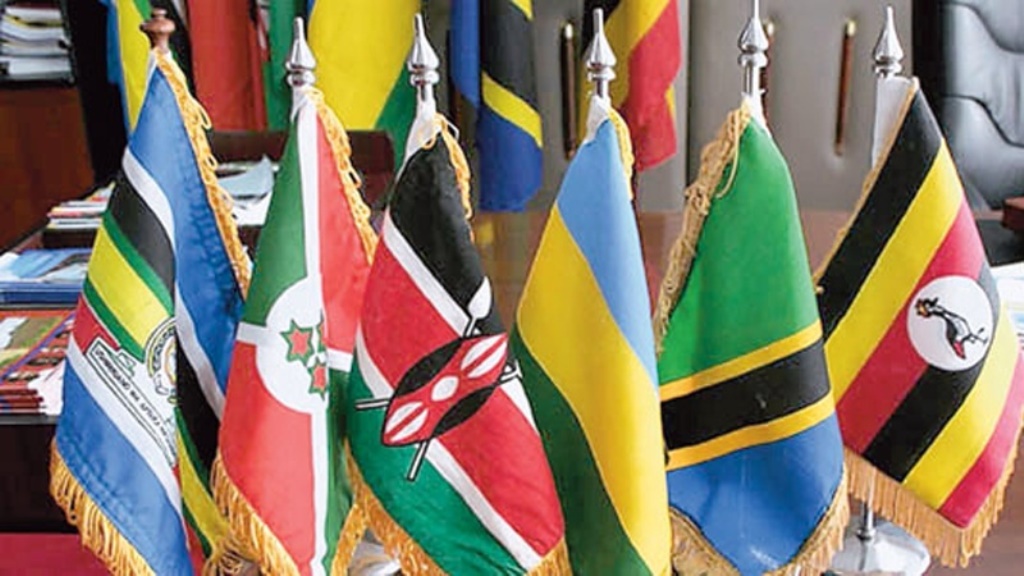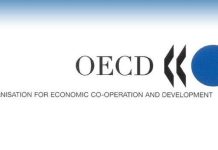AfricaPress-Tanzania: THE private sector associations and corporates in the East African Community (EAC) are pushing for the six countries to embrace a recovery strategy in post Covid-19 pandemic dubbed BEABEA (Buy East Africa Build East Africa).
That is a medium- and long-term approach as states have been called upon to provide support to key industries to expand their capacity and establish new industries to manufacture import substitutes in the region.
Under the East African Business Council (EABC), the sector has called for partner states to consider improving the business and regulatory environment to ensure formalization of businesses in the region so as to spur improving the economy of partner states.
EABC Chief Executive Officer (CEO), Dr Peter Mathuki said that when the pandemic is over, or even now that it is being controlled by individual states as well as the East African Community (EAC) Secretariat, such actions will spare the EAC economies from the negative impact of Covid-19.
“There is need for EAC partner states to push for Buy East Africa Build East Africa (BEABEA).
Partner States need to provide support to key industries to expand their capacity and establish new industries to manufacture import substitutes in the region.
This will cushion the EAC economies from the negative impact of Covid-19,” said Dr Mathuki.
In his remarks on effects of Covid-19 on trade in EAC, Dr Mathuki said that partner states – Tanzania, Kenya, Uganda, Rwanda, Burundi and South Sudan should facilitate the private sector to increase production of manufactured goods and ensure borders are open without any restrictions so that there is smooth transfer of goods from state to state.
According to the EAC Trade and Investment Report, formal trade among the EAC partner states largely constitutes of chemicals, textile, iron and steel.
Agricultural commodities also form a large portion with significance in food items like rice, maize, sorghum, coffee, tobacco, wheat and other cereals.
However, manufactured goods such as cement, petroleum, textiles, sugar, confectionery, beer, salt, fats and oils, paper, plastics and pharmaceuticals are also traded across the region.
Speaking of immediate recovery strategy, the CEO said that partner states should consider a regional coordinated approach on mitigating the impact of Covid-19; consider allowing free movement of both essential and nonessential goods within and out of EAC and consider full liberalization of open skies for free movement of cargo within and out of EAC.
Other immediate strategies to mitigate the crisis include partner states considering adding health workers at the borders to facilitate movement of cargo effectively and efficiently; source for alternative markets for EAC imports and exports to reduce dependency on a few countries and embrace use of technology, such as online transactions, in sourcing products from outside the EAC.
Trade has emerged as a remedy that could reduce the adversity through flow of essential goods like food, medical supplies and other hygiene products.
Its importance to the economies of EAC is due to the characteristic nature of cross‐border trade being conducted informally and mostly occupied by the vulnerable, small, unregistered traders. The contribution is estimated to account to an average of 50 percent of the Gross Domestic Product (GDP) in EAC economies.
According to the EABC, informal cross‐border trade represents produced goods and services that directly or indirectly do not pass through the regulatory framework for taxation and other procedures set by Partner States.
Its importance in poverty reduction in EAC is significant as women SMEs constitute about 74 percent of the traders.
Due to the Covid-19 pandemic, there have been increased restrictions on the movement of goods and people across borders threatening the livelihoods of traders & their families, and reduced revenue for Partner States.
Following the outbreak of Covid-19, there has been a significant disruption in the global value chains with China being the hub of manufacturing for most business operations.
The spillover effect of this disruption has been felt by other African economies and largely by East African businesses being suppliers and importers of goods and services in the global economy.
That has led to partner states imposing different measures that have affected trade within EAC and with the rest of the world. Some of the significant measures that affect trade.







